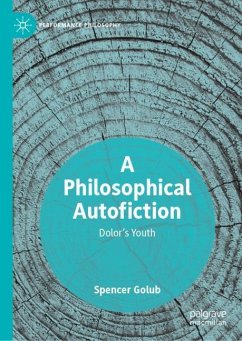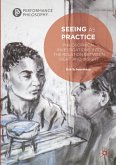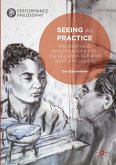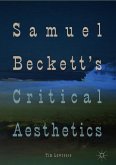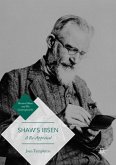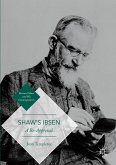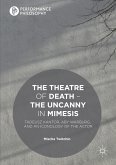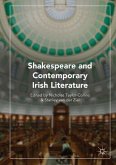This is a book about what becomes of the truth when it succumbs to generational memory loss and to the fictions that intervene to cause and fill the gaps. It is a book about the impossibility of writing an autobiography when there is a prepossessing cultural and familial 'we' interfering with the 'I' and an 'I' that does not know itself as a self, except metastatically - as people and characters it has played but not actually been.
A highly original combination of close readings and performative autobiography, this book takes performance philosophy to an alternative next step, by having its ideas read back to it by experience, and through assorted fictions. It is a philosophical thought experiment in uncertainty whose literary, theatrical, and cinematic trappings illustrate and finally become what this uncertainty is, the thought experiment having become the life that was, that came before, and that outlives the 'I am'.
A highly original combination of close readings and performative autobiography, this book takes performance philosophy to an alternative next step, by having its ideas read back to it by experience, and through assorted fictions. It is a philosophical thought experiment in uncertainty whose literary, theatrical, and cinematic trappings illustrate and finally become what this uncertainty is, the thought experiment having become the life that was, that came before, and that outlives the 'I am'.

